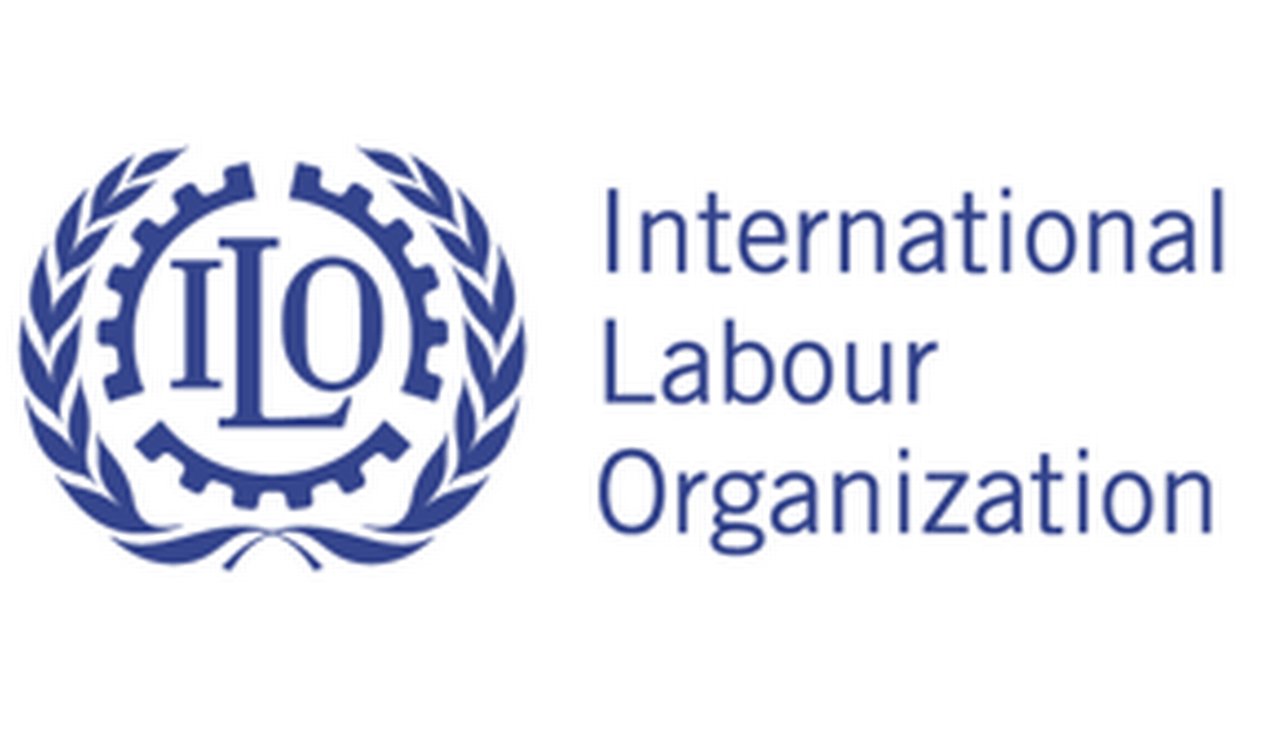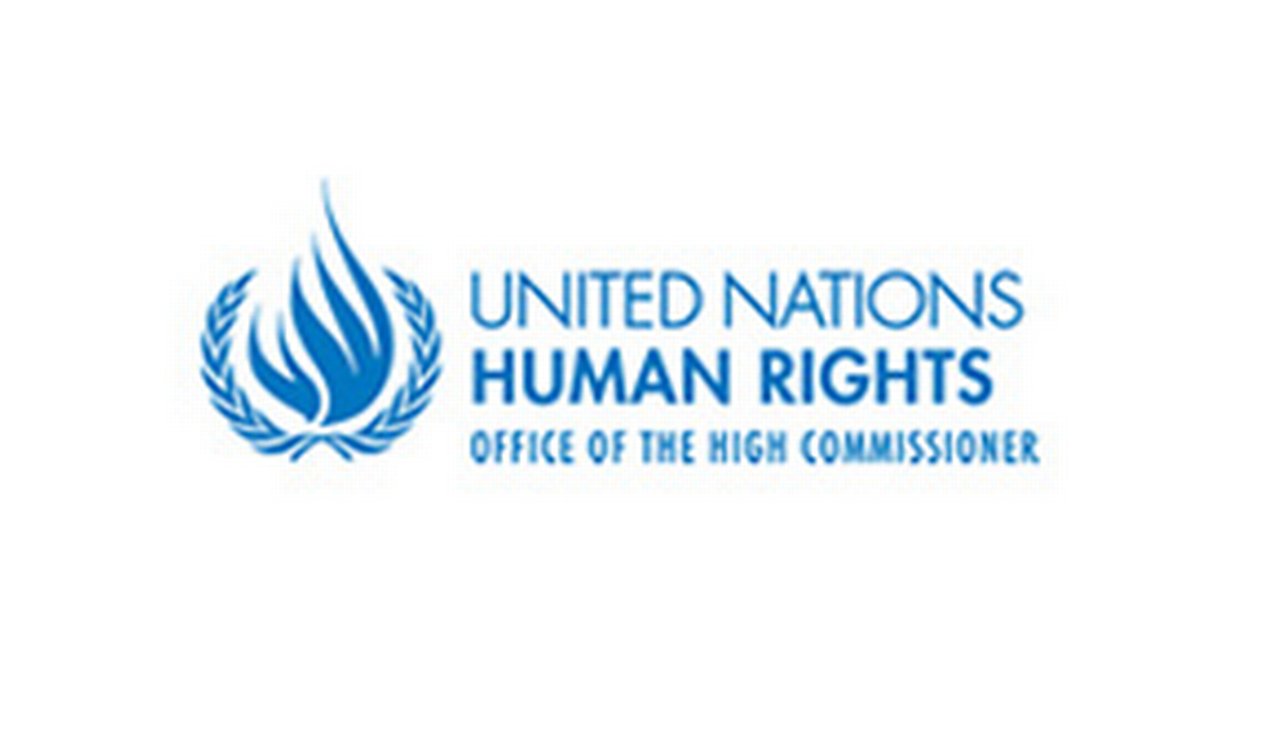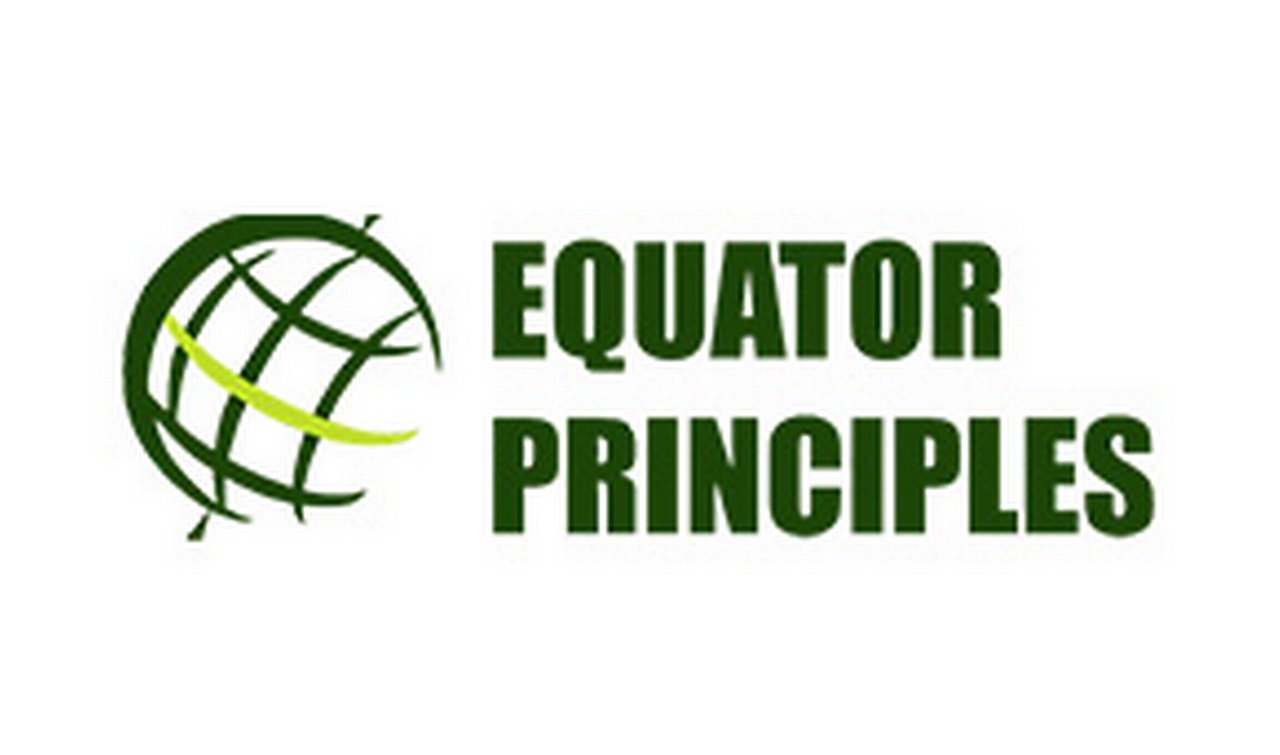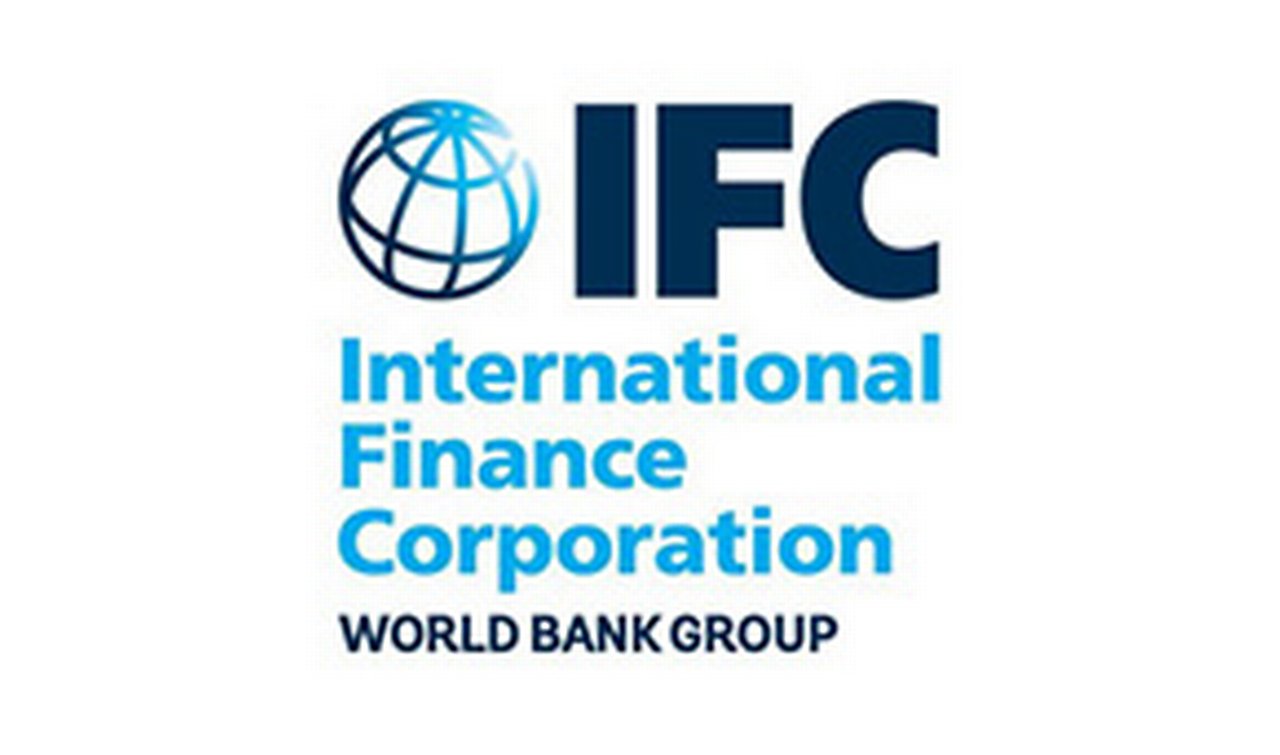Policies & commitments
We want to maintain and develop dedicated control frameworks and processes to turn regulatory challenges into business opportunities and steer decision-making based on impact measurement
To implement the Group’s sustainability strategy, Deutsche Bank has set its target to develop and maintain robust governance and risk management for environmental and social issues.
The integration of environmental and social matters into our decision-making processes is a key component of our understanding of responsible corporate behaviour.
Our environmental and social due diligence is guided by internationally recognized principles and standards, including:
Policies & statements – Downloads
*Summary Framework on Environmental and Social Due Diligence covers:
- Cross-sectoral standards (Human Rights, deforestation, sensitive and protected locations including World Heritage Sites, and climate considerations)
- Sector-specific standards (Agricultural Commodities and Forestry, Hydropower, Nuclear Power, Thermal Coal Power and Mining, Oil and Gas, Maritime Transport and Infrastructure, Fisheries and Marine Aquaculture, and Metals and Mining)
2024
Net-zero target for Commercial Aviation established2023
Intitial Transition Plan incl. additional net-zero targets (Coal Mining, Cement, Shipping) published2023
Financed emissions from European residential real estate loan portfolio disclosed2022
Sustainable finance target of €200+ bn (€215 bn at YE 2022) outperformed2022
Net Zero Forum for carbon-intensive transactions and transition plan assessment established2022
Net-zero targets for most carbon intensive sectors (Oil & Gas, Power Generation, Automotive, Steel) published2022
Financed emissions from corporate loan book disclosed2022
Sustainable finance target of €200+ bn from YE 2023 to YE 2022 accelerated and target of €500 bn by YE 2025 announced2021
Net Zero commitment signed2021
Partnership for Carbon Accounting Financials joined2020
German financial sector’s Commitment on Climate Action signed2020
Sustainable finance target of €200+ bn by YE 2025 announced2020
Green Financing Framework published2020
Equator Principles signed2020
Fossil Fuel (Coal Mining and Oil & Gas Policy updated)2020
Sustainable Finance Framework published2019
Value Balancing Alliance (Founding member of the Value Balancing Alliance)2015 - 2019
Environmental and Social Policy framework substantially revised2015 - 2019
Coal Mining Policy introduced2015 - 2019
Paris Pledge for Action signed2018
TCFD (Formal supporter of the recommendations developed by the Financial Stability Board’s Task Force on Climate-related Financial Disclosure (TCFD))2015 - 2019
UN Principles for Responsible Banking signed2014
Green Bond Principles (Supporter of the Green Bond Principles as part of a coalition of twelve major financial institutions)2008
PRI (Signatory of the Principles for Responsible Investment)2000
UN Global Compact (founding signatory)Selected memberships and commitments
To underpin its long-standing commitment to sustainability, Deutsche Bank formally endorsed universal sustainability frameworks and initiatives. The bank is a signatory of the Principles for Responsible Banking (2019), a member of the Net-Zero Banking Alliance (2021), a signatory to the ten principles of the UN Global Compact (2000) and committed to the Equator Principles (2020).

Equator Principles
In February 2022, Deutsche Bank published its first Equator Principles Implementation Report outlining its progress, due diligence process and responsibilities. This publication followed the bank’s formal adoption of the Equator Principles in July 2020. The Equator Principles are an internationally recognized benchmark for determining, assessing, and managing environmental and social risks in project finance. Here you can find ongoing information on Equator Principles Implementation at Deutsche Bank.
UN Global Compact
We want to be a bank that contributes to a greener (E), more socially responsible (S) and better managed (G) economy, and that is more committed than ever to the Ten Principles of the UN Global Compact. Deutsche Bank has been Founding Signatory of the UN Global Compact in 2000.


Principles for Responsible Banking
In 2019 Deutsche Bank became a founding signatory of The Principles for Responsible Banking (PRB). The PRB was set up in partnership between the founding banks and the United Nations. Currently more than 300 signatories commit to applying the framework to align core strategy, decision-making, lending and investment with the UN Sustainable Development Goals and the Paris Climate Agreement.




